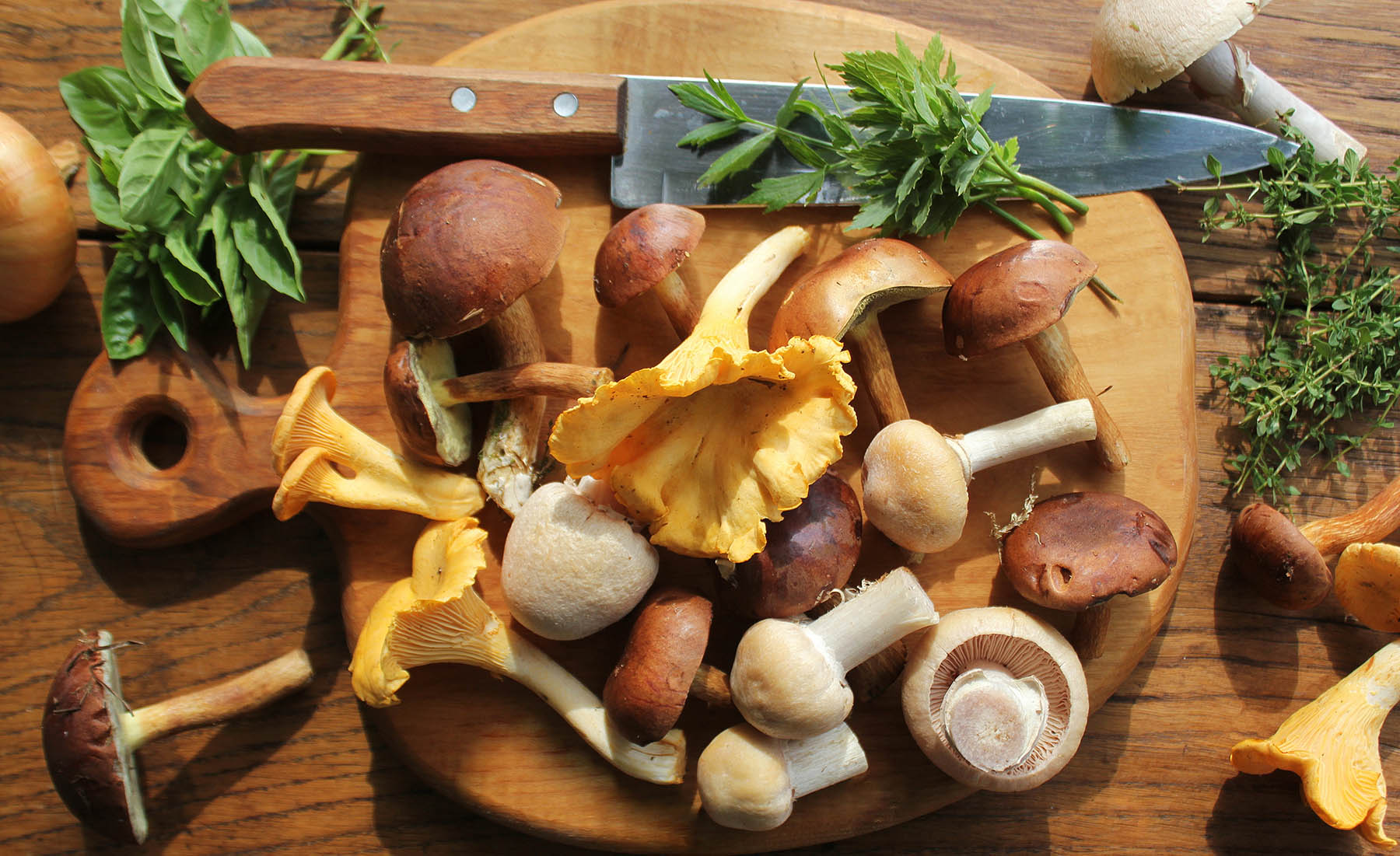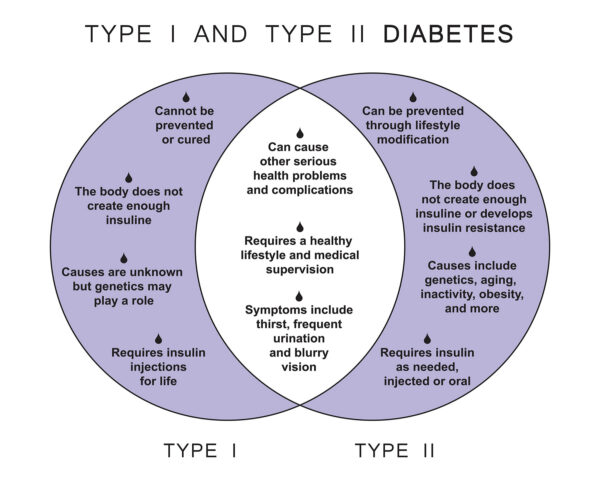Mushrooms, often celebrated for their unique flavors and textures, are gaining recognition for their potential health benefits, particularly for individuals with diabetes. In this article, we will explore the nourishing properties of mushrooms and their impact on blood sugar control. Additionally, we will provide insights on how to incorporate these fungi into your diabetes-friendly diet for enhanced health.
The Health Benefits of Mushrooms for Diabetes:
- Low in Carbohydrates: One of the significant advantages of mushrooms is their low carbohydrate content. They are considered a non-starchy vegetable, making them a suitable choice for individuals with diabetes who need to manage their carbohydrate intake.
- Dietary Fiber: Mushrooms are a good source of dietary fiber, which plays a vital role in blood sugar regulation. Fiber helps slow down the absorption of sugar, preventing rapid spikes in blood sugar levels.
- Nutrient-Rich: Mushrooms are rich in essential nutrients such as vitamins (particularly vitamin D when exposed to sunlight), minerals (including selenium), and antioxidants. These nutrients support overall health and well-being.
- Beta-Glucans: Certain types of mushrooms, such as shiitake and maitake, contain beta-glucans, which are compounds known for their potential immune-boosting and blood sugar-regulating properties.
Incorporating Mushrooms Into Your Diabetes-Friendly Diet:
- Add to Salads: Sliced raw mushrooms can be a delightful addition to salads, providing a crunchy texture and earthy flavor.
- Stir-Fry: Include a variety of mushrooms in your stir-fry dishes. Mushrooms absorb flavors well and can complement other vegetables and proteins.
- Mushroom Soups: Create hearty, diabetes-friendly soups using mushrooms as a primary ingredient. This can be an excellent way to increase your mushroom intake.
- Grilled or Roasted: Grilling or roasting mushrooms can intensify their flavors and create a satisfying side dish or topping for main courses.
- Mushroom-Based Meat Alternatives: Consider using portobello mushrooms or other large mushroom caps as a meat substitute in burgers or sandwiches.
- Mushroom-Based Pasta Sauce: Blend mushrooms into a pasta sauce to add depth of flavor and increase the nutritional value of your meal.
Precautions and Considerations:
While mushrooms offer numerous health benefits, it’s essential to consider the following when incorporating them into your diabetes-friendly diet:
- Portion Control: Pay attention to portion sizes to manage your carbohydrate intake effectively.
- Cooking Methods: Be mindful of the cooking methods and ingredients used when preparing mushrooms. For example, frying mushrooms in butter or oil can increase calorie and fat content.
- Individual Response: Monitor your blood sugar levels to understand how mushrooms specifically affect your body. Individual responses can vary.
Conclusion: Embracing Mushrooms for Diabetes Health
Mushrooms are a nutritious and diabetes-friendly addition to your diet, offering a range of potential health benefits. Their low carbohydrate content, dietary fiber, and nutrient-rich profile make them a versatile ingredient that can be enjoyed in various culinary preparations. By incorporating mushrooms into your diabetes-friendly meals and practicing portion control, you can harness their nourishing properties to support better blood sugar control and overall health.






